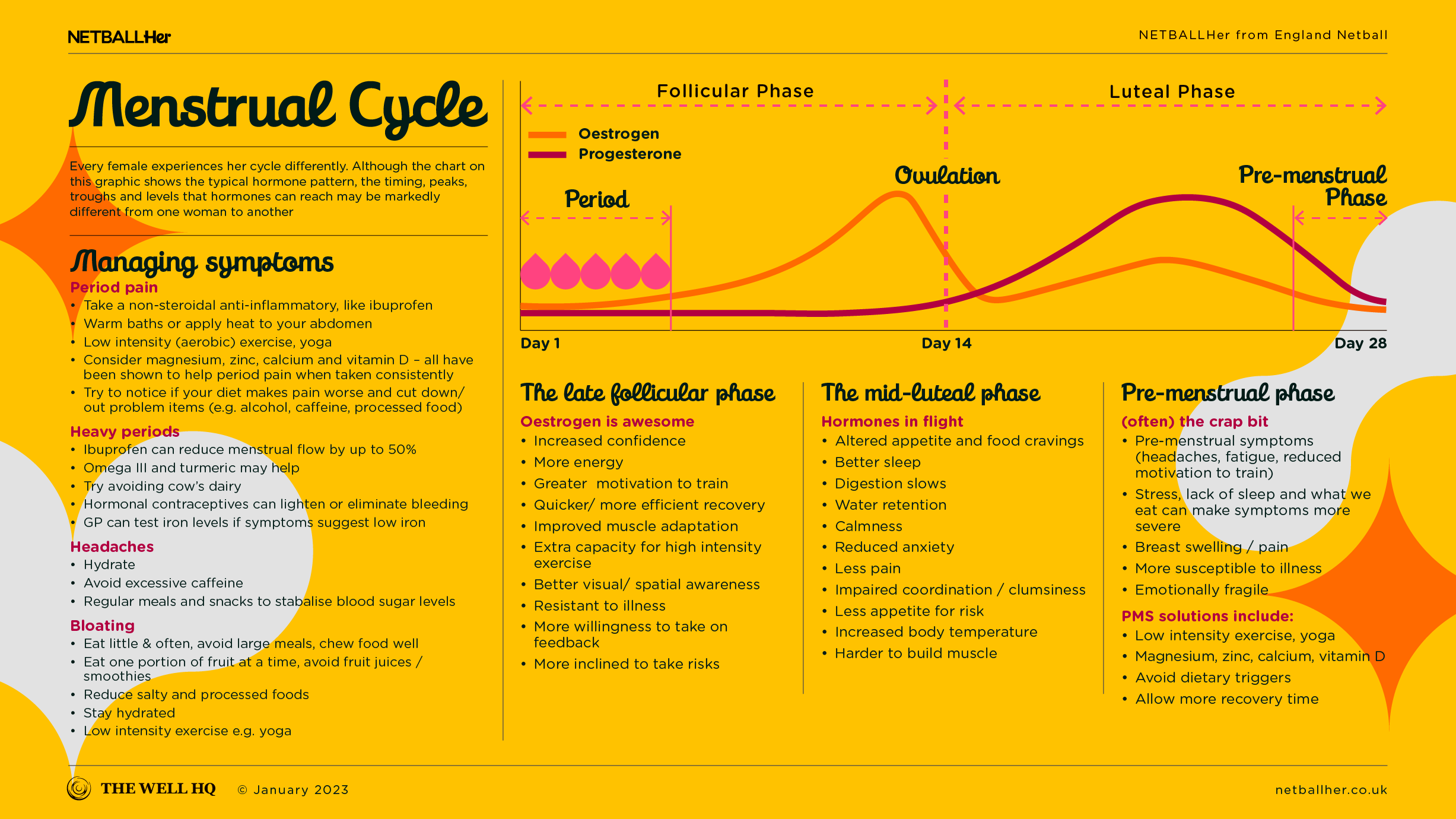Click play for an audio readthrough of this article
As young as eight the body gives cues so parents / carers can prep the period chat. Here’s what to know and how to approach
We’ve an in-depth article on The Young Menstrual Cycle, which covers a broad range of topics, but here we isolate the practicalities of having the period conversation.
So if you’re a parent, sibling, guardian, coach, teacher, carer or otherwise want to learn more then this one’s for you.
To start, the fact a girl can have her first period as young as eight is often surprising but don’t be alarmed. Whether she’s eight or fifteen (and both are possible), the same bodily tell-tales tend to crop up to signify the lead-in to the menstrual cycle.
When breast buds and / or pubic hair appear, or there’s a growth spurt, it generally means we’re a year or two from launch …
And it’s time to think about the chat.
The tone
The period conversation. Parents and carers often wonder how to get the tone right but it’s actually pretty simple: celebratory. There’s evidence that adopting an empowering, rites-of-passage tone lands a progressive and healthier message around periods than a hushed or doom-and-gloom one.
Be positive and she too will take positivity and a healthier attitude towards reproductive health into adolescence and beyond.
So tone-wise, think empowerment. Her body does what it does and that’s miraculous. Sure it might not always be plain-sailing, but with information and guidance, now and ongoing from the people she trusts, any girl can feel inspired to sit in the driver’s seat.
Girls don’t have to be passengers on their menstrual journey.
The facts
The first bit’s relatively easy in that it’s all based on fact.
Fact: blood will come trickling out of your vagina for a few days a month.
Fact: you can’t hold it in as you would if you need to pee.
Fact: period products are used to soak up the blood so it doesn’t go all over the place.
Fact: this is normal.
Fact: this is better than normal, it’s a sign that your body is healthy.
Those are the headlines, but it’s also worth communicating that what we call the period is, in reality, a small part of the menstrual cycle. The cycle doesn’t just switch on for a few days during the bleed, it’s in operation 24/7. It’s always in the background doing a lot of cool things.
For example, the cycle controls the release of hormones which are like mini messenger bots. These bots travel all around the body and the brain, sending signals and directing traffic.
They support a range of vital jobs, from strengthening bones to building muscle to boosting the immune system to supporting calmness, resilience and developing power centres in the brain. The menstrual cycle, really, is a superpower.
The demo
It’s like show and tell in reverse. You did the tell, now the show. Encourage her to explore and get to know what her anatomy down there looks like. A mirror helps. Show her. Help her to understand what’s there, what happens and where the tampon goes.
The tampon. This isn’t a well-broadcast message, but tampons can be used from the word go. It does the job, it’s safe, and it’s a particularly useful route for active girls.
In fact, depending on your own age (parents / carers) the world of period products has most likely moved on leaps and bounds. We now have period pants and shorts and cups. There’s much more in our Menstrual Cycle section so be sure to swat up on what’s out there.
Anyway, the demo step is super-important because it demystifies relevant bits of the body early in life. If you can talk about body parts, periods and products with confidence then so can she. Lead by example and she can absorb your confidence and take it with her.
Symptoms and solutions
We’ve a full rundown of period problems, symptoms and coping strategies right here. And more detail on menstrual cycle dysfunction right here.
But in essence, periods often come with pains and problems which can be unsettling, uncomfortable and even debilitating. This may be a scary topic to broach with your daughter/ niece / friend but, happily, solutions do exist and they can (not always) be as easy as sleep, diet, exercise and over-the-counter meds.
There’s a video on exactly this so we won’t go too long here, except for some quick bullets showing how easy and practical solutions could be:
- Sleep is medicine – girls should aim for 8-10 hours per night.
- Exercise is nature’s painkiller – though it’s probably the last thing girls want to do when period pains flare up, urge them not to skip PE. Even gentle exercise (walking, yoga, stretching) will release endorphins and dampen the discomfort.
- Meds – sometimes managing pain is as simple as planning. Cycle tracking (there’s much more here) can be as simple as using pen and paper to note patterns and join dots. If patterns show that period pains are guaranteed on day #1, it’s an idea to take paracetamol or ibuprofen ahead of time and keep taking it through the bad-pain-days.
- Bras – another common cycle symptom is breast pain and the solution is a well-fitting bra and a well-fitting sports bra for exercise. Why do we keep saying ‘well-fitting’? Because it’s crucial. Here’s more.
- Diet – there’s a bit more on the below infographic, but things like magnesium, zinc, calcium and Vitamin D could ease symptoms, as could cutting down sugar, caffeine, carbs and alcohol. If bloating is an issue, feel free to limit your fruit intake too.
The help
The initial conversation isn’t the end of the matter. As parents and guardians our job isn’t done because there will be times of insecurity and problems and pains and questions. Things will crop up.
It’s our job to ensure she feels safe and secure in her menstrual cycle. The same goes for her periods, but obviously she has her own life and we parents and carers aren’t always going to be there when the action starts. That’s why she needs to know the products and solutions that exist out in the world, where to get them, how to use them and so on.
Here the conversation turns to Caught Short Kits (CSKs) – a kit of period products usually available at no cost – which are brilliant little lifesavers. If there are no CSKs in school toilets, kitbags, schoolbags and so on, then that’s a change to try to bring about.
Girls (in fact women of all ages) may need access to CSKs, but that means CSKs need to be there. If they’re not, you can lead that change.
The next steps
We’ve already gone long and this is a decent place to call it on the initial period chat.
But it doesn’t stop there and we suggest you next read more about cycle tracking. Maybe down the line you’ll want to swat up on hormonal contraception too.
We also recommend you watch netballers Daisy and Kandis, as well as Roses Academy Head Coach Sheonah Forbes, talk through their recent experience.
As a reminder, the content of the course belongs to The Well HQ. You have permission to access and use the content yourself or, if you are an organisation, for the number of users selected, but are not otherwise permitted to share such content with others, all in accordance with our Course Terms and Conditions.

